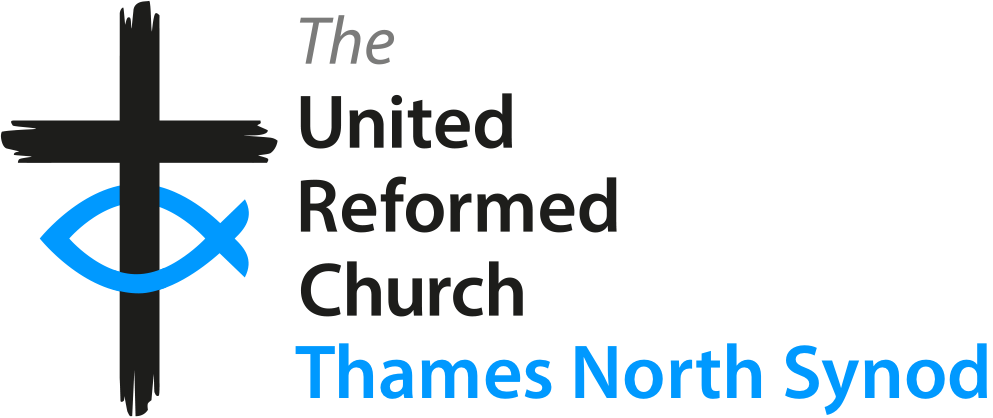Safeguarding
-
How we protect and support children, young people, and vulnerable adults across our churches.
-
Reporting a Safeguarding Concern
If you’re worried about someone’s safety, find out how to report your concerns clearly and confidentially.
-
Safeguarding Training & Events
Stay up to date with training opportunities to help you and your church create a safer environment.
-
Learn to recognise the signs of specific safeguarding issues, including different types of abuse, exploitation, and vulnerability.
-
Understanding the signs of domestic abuse and how to respond.
-
Information on how to recognise and report grooming and exploitation.
-
Guidance on identifying and dealing with issues of financial abuse.
-
Advice to follow in the event of honour-based abuse or forced marriage.
-
Managing Risks & Safeguarding Agreements
The formal process for managing individuals who may pose a risk to others within the church community.
-
Coping with the experience of losing someone important to us.
-
Financial Hardship & Homelessness
Understanding vulnerability and finding sources of help.
-
IICSA (Independent Inquiry into Child Sexual Abuse)
The findings from the Independent Inquiry into Child Sexual Abuse.
-
-
Safeguarding Policies & Guidance
Essential policies and best practice guidance for keeping people safe in our churches.
-
The official Safeguarding Policy for Children and Adults for the Thames North Synod.
-
Guidance on the safeguarding responsibilities and duties of Elders as charity trustees.
-
Safer Recruitment and Volunteers
The principles and procedures for ensuring only suitable people work with children and adults at risk.
-
Best practices for safe online communication and ministry.
-
Activities in Private Dwellings
Guidance on assessing and managing the unique risks of holding church activities in private homes.
-
-
Safeguarding Resources & Forms
Download essential safeguarding forms, templates and printable materials for use in your church.
-
Get in touch with our Safeguarding Officers for confidential advice, support, or reporting.
-
Guidance for Elders
Guidance on the safeguarding responsibilities and duties of Elders as charity trustees.
The Church can be a place of safety where there is warmth, love and acceptance - and where there are trusted adults. Safeguarding children, and indeed all who attend our churches, is therefore a privilege and a responsibility that we all share.
Sadly, abuse of children and vulnerable adults isn’t something that only happens in the wider world. We all therefore have an important role in the safeguarding of children and vulnerable adults - to ensure that our Churches are the safe places that we are all entitled to and deserve.
Elders’ Responsibilities as Trustees
Elders and Ministers are trustees of the church and are therefore under the regulatory control of the Charity Commission, who state that the trustees have the ‘primary responsibility’ for safeguarding children and vulnerable adults in their church. This includes a duty of care to their charity, a legal duty to act prudently and to ensure that legislation, policy and procedures are complied with.
They set out that the duty is to protect vulnerable people from abuse and to prevent abuse from happening in the first place, stating that ‘all charities should aim to proactively safeguard and promote the welfare of their beneficiaries so that the need for action to protect from harm is reduced’.
Trustees also have duties to manage risk and to protect the reputation and assets of the charity. The Charity Commission state that ‘it is vital that trustees assess the risks that arise from the charity’s activities and operations involving children and vulnerable people and develop and put in place appropriate safeguarding policies and procedures to protect them.
The Insurance Position
Insurers require Trustees to follow legal, Government, Charity Commission and internal guidelines, and to take reasonable precautions in respect of child protection. Most insurance companies have ‘exclusion’ clauses which could result in Elders being held individually, personally, liable if a successful claim finds that they have not fulfilled their safeguarding responsibilities.
Safer Selection of Elders
The United Reformed Church is required to have a process for those called to be elders comparable to the practice of safer recruitment for other roles. It is very strongly recommended that the step by step process below is followed by church meetings as the safest way to elect Elders:
- A nomination process shall be agreed by Church Meeting at least two weeks before the election.
- Those nominated should:
- be a church member for at least one year before being nominated;
- be given copies of the leaflet 'They’ve asked me to be an Elder';
- have a conversation with the minister/interim moderator and a serving Elder about the role's responsibilities;
- complete a Self-Declaration form;
- agree for their names to go forward to Church Meeting.
- Upon election, the newly elected elder shall:
- undertake a suitable induction training programme;
- be given a copy of URC Guidelines for the Conduct and Behaviour of Elders and the church’s safeguarding policy;
- apply for a relevant DBS/PVG check where appropriate;
- attend safeguarding training within six months of ordination or induction.
The full guidance paper on this topic, "Paper H4 - Safer Election of Elders", is available on our Resources & Forms page.
